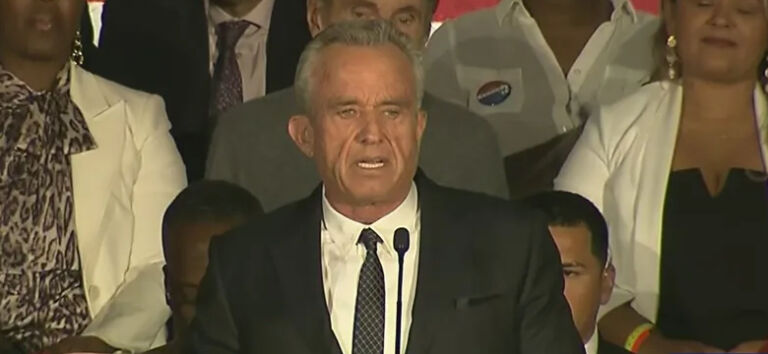North Carolina’s proposed constitutional amendment to lower the cap on income taxes in this Bloomberg article on the efforts by many states to lower taxes via measures on the November midterm ballot.
In North Carolina, the measure to lower the constitutional cap on the personal income-tax rate to 7 percent from 10 percent is a chance for Republican lawmakers in the Tar Heel State to exert their influence, even if they lose control of a legislative chamber in the midterm election. All 170 state seats are up for re-election this year, according to the N.C. State Board of Elections and Ethics Enforcement.
Cutting the maximum tax rate wouldn’t affect the state’s AAA credit rating, but it could “create unnecessary budgetary challenges” if the state experiences fiscal stress and needs to raise taxes, S&P Global Ratings said in a report. The state relies on income taxes for more than half of its general fund revenues. The income-tax rate is currently 5.5 percent.
North Carolina State Treasurer Dale Folwell, a Republican, said the change would provide better certainty to businesses thinking of relocating to the state. “As the keeper of the public purse, I would tell you if I had any concerns about this state’s ability to be solvent or to prosper,” he said.
Other states with tax-lowering ballot initiatives include Florida, where voters will ponder a constitutional amendment requiring two-thirds of the state legislature to pass a tax increase; Arizona, which has a constitutional amendment on the ballot that would ban the state and any local government from enacting new or increased taxes on any services, unless they were already in place by last year; Oregon, where voters will decide whether or not to ban taxes on groceries; and Washington, where “will consider a measure that would stop local governments from enacting new taxes on certain food and beverages, a step seen as a response to Seattle’s new tax on soda.”
As you can probably imagine, opponents of measures to restrict legislatures from raising taxes say they are “a recipe for political paralysis or deep budget cuts the next time the economy lapses into a recession,” as Bloomberg puts it.


